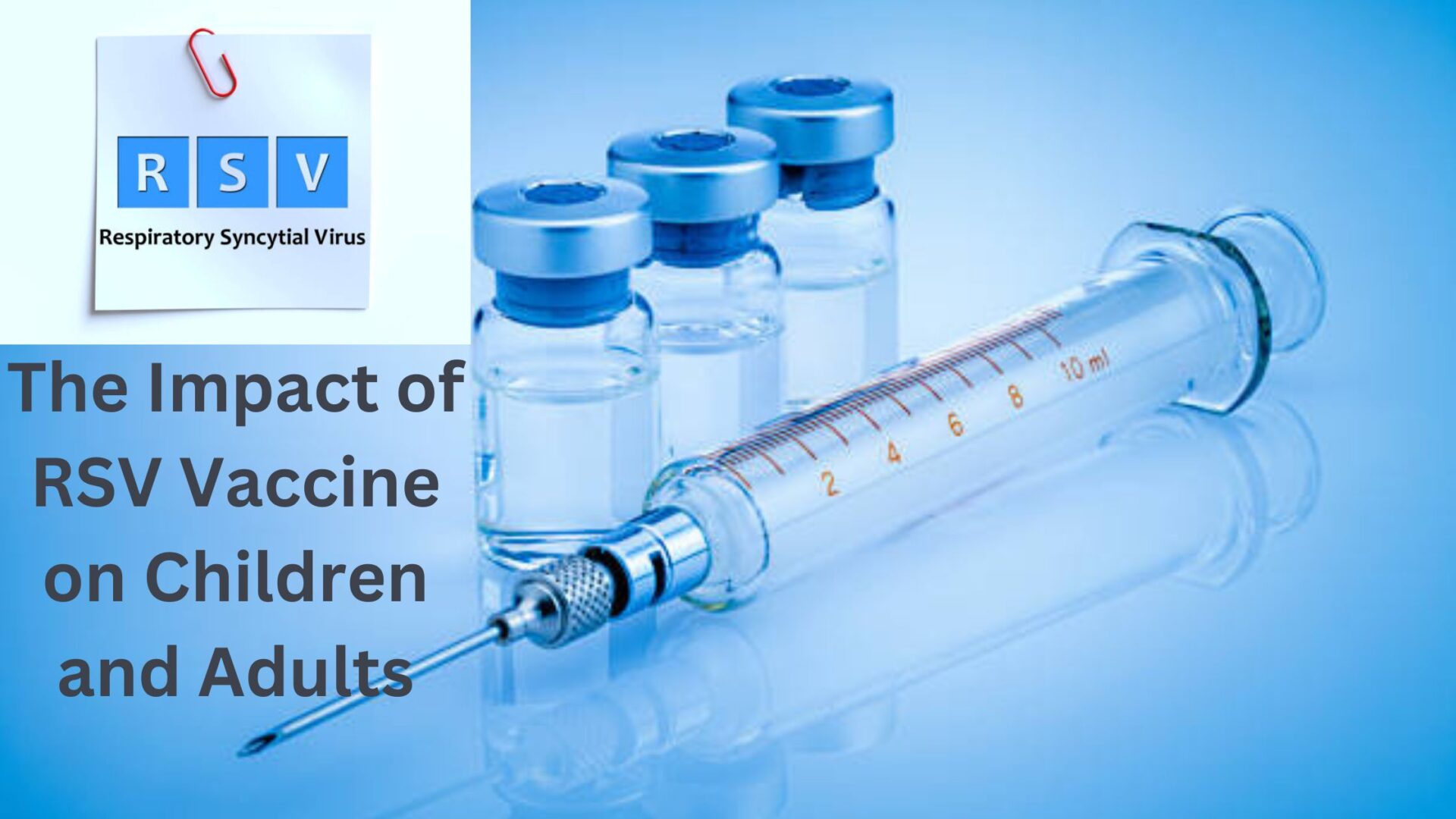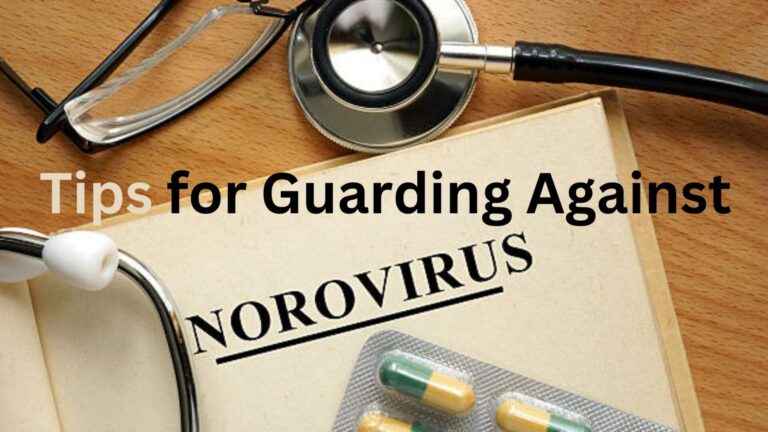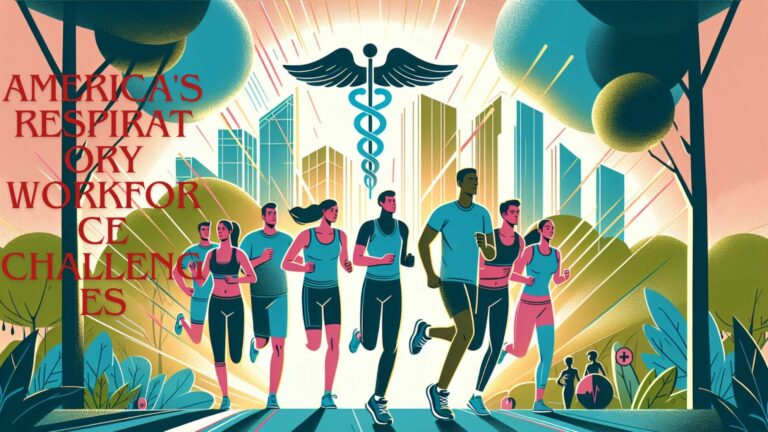Introduction: –
Unveiling the Impact of RSV Vaccine on Children and Adults
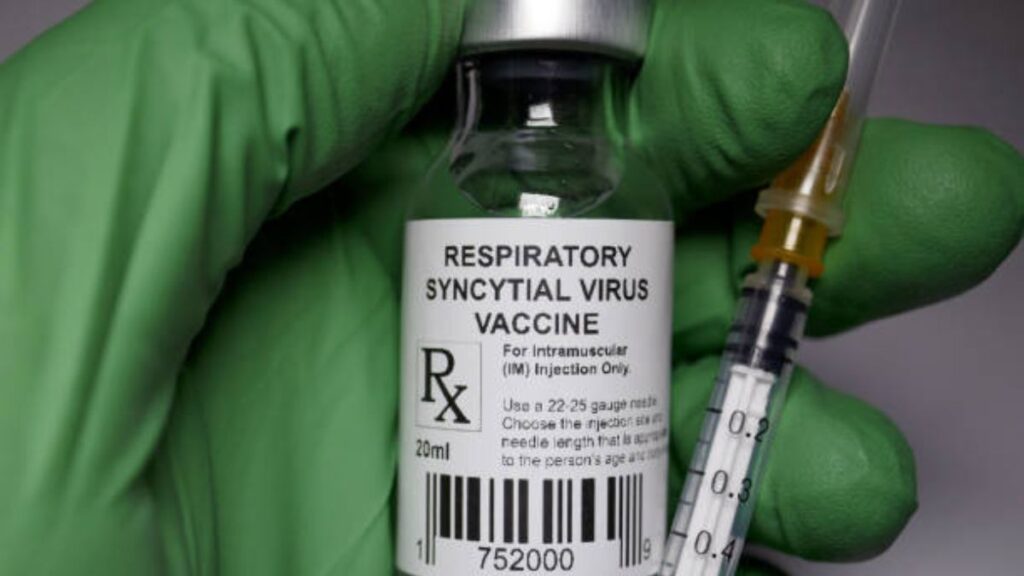
In the realm of preventive medicine, the impact of the Respiratory Syncytial Virus (RSV) vaccine on both children and adults stands as a beacon of hope. With its potential to mitigate the burden of respiratory infections across diverse age groups, understanding the profound effects of this vaccine is paramount.
RSV, a common respiratory virus, poses significant health risks, particularly to vulnerable populations such as infants, the elderly, and individuals with compromised immune systems. Historically, combating RSV has been challenging, but the advent of vaccines has ushered in a new era of protection.
the Impact of RSV Vaccine on Children and Adults
For children, the impact of the RSV vaccine is nothing short of transformative. By bolstering their developing immune systems against this formidable virus, the vaccine serves as a shield, safeguarding them from potential respiratory distress and its associated complications. Moreover, vaccination in early childhood can help prevent the spread of RSV within communities, fostering a healthier environment for all.
Equally significant is the impact of the RSV vaccine on adults. While traditionally viewed as a childhood illness, RSV can also wreak havoc on adult populations, particularly the elderly. By offering targeted immunization to adults, especially those at heightened risk due to age or underlying health conditions, the vaccine not only enhances individual protection but also contributes to broader public health goals by reducing RSV-related hospitalizations and mortality rates.
Furthermore, the ripple effects of RSV vaccination extend beyond direct health outcomes. By curbing the economic burden associated with RSV infections, including healthcare expenditures and productivity losses, the vaccine yields substantial societal benefits. Families are spared the emotional and financial toll of caring for sick loved ones, while healthcare systems experience alleviated strain, allowing for more efficient allocation of resources.
However, to fully grasp the impact of the RSV vaccine on children and adults alike, ongoing research and surveillance are essential. Monitoring vaccine efficacy, safety profiles, and long-term outcomes is imperative for optimizing strategies and addressing emerging challenges.
What are the primary benefits of administering the RSV vaccine to both children and adults?
Administering the Respiratory Syncytial Virus (RSV) vaccine to both children and adults offers a range of significant benefits:
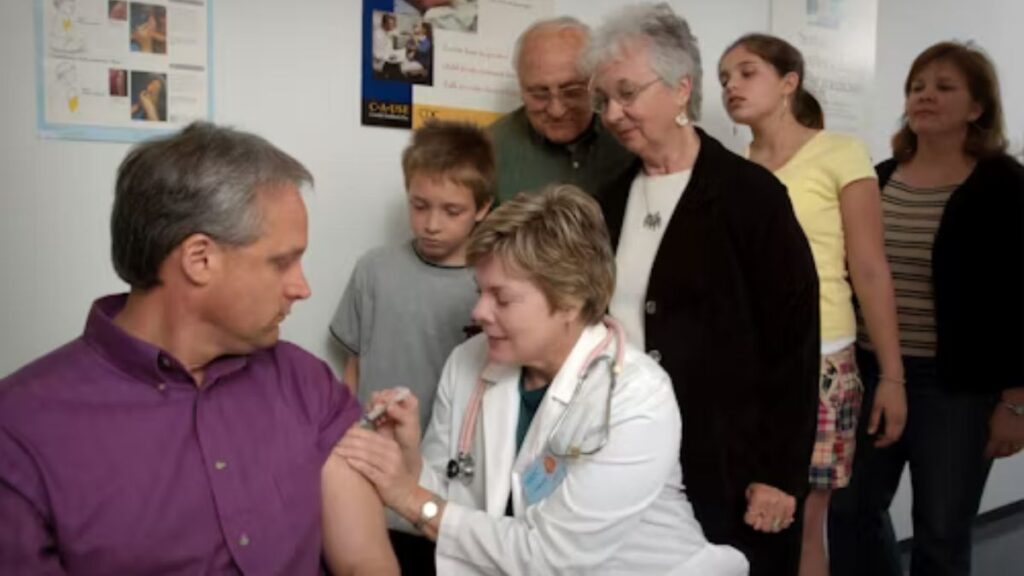
- Prevention of Respiratory Illness: The primary benefit of the RSV vaccine is its ability to prevent RSV infection, which can lead to severe respiratory illnesses such as bronchiolitis and pneumonia. By reducing the incidence of RSV infection, the vaccine helps to mitigate the risk of respiratory complications in both children and adults.
- Protection of Vulnerable Populations: Infants, the elderly, and individuals with compromised immune systems are particularly susceptible to severe RSV infections. Administering the vaccine to these vulnerable populations helps to protect them from experiencing severe illness, hospitalizations, and potential complications associated with RSV infection.
- Reduction in Hospitalizations: RSV infections often result in hospitalizations, especially among infants and older adults. By preventing RSV infection through vaccination, the vaccine can significantly reduce the burden on healthcare systems by decreasing the number of hospital admissions and associated healthcare costs.
- Prevention of Transmission: Vaccinating both children and adults against RSV not only protects individuals from infection but also helps to prevent the transmission of the virus within communities. This herd immunity effect is particularly beneficial for vulnerable individuals who may not be able to receive the vaccine themselves.
- Improvement in Overall Public Health: By reducing the incidence of RSV infection and its associated complications, the vaccine contributes to improved public health outcomes overall. Fewer cases of severe respiratory illness mean fewer missed days of school or work, decreased healthcare expenditures, and improved quality of life for affected individuals and their families.
- Long-term Health Benefits: Vaccination against RSV in childhood may confer long-term protection against recurrent infections and associated respiratory complications in adulthood. Similarly, vaccinating adults can help maintain immunity and reduce the risk of severe RSV infections as they age.
In summary, administering the RSV vaccine to both children and adults offers multiple benefits, including the prevention of respiratory illness, protection of vulnerable populations, reduction in hospitalizations, prevention of transmission, improvement in overall public health, and potential long-term health benefits. These benefits underscore the importance of widespread vaccination efforts to combat RSV infections across all age groups.
How does the RSV vaccine help protect vulnerable populations, such as infants and the elderly?
The Respiratory Syncytial Virus (RSV) vaccine plays a crucial role in protecting vulnerable populations, including infants and the elderly, by providing specific immunological defense mechanisms tailored to their unique needs:
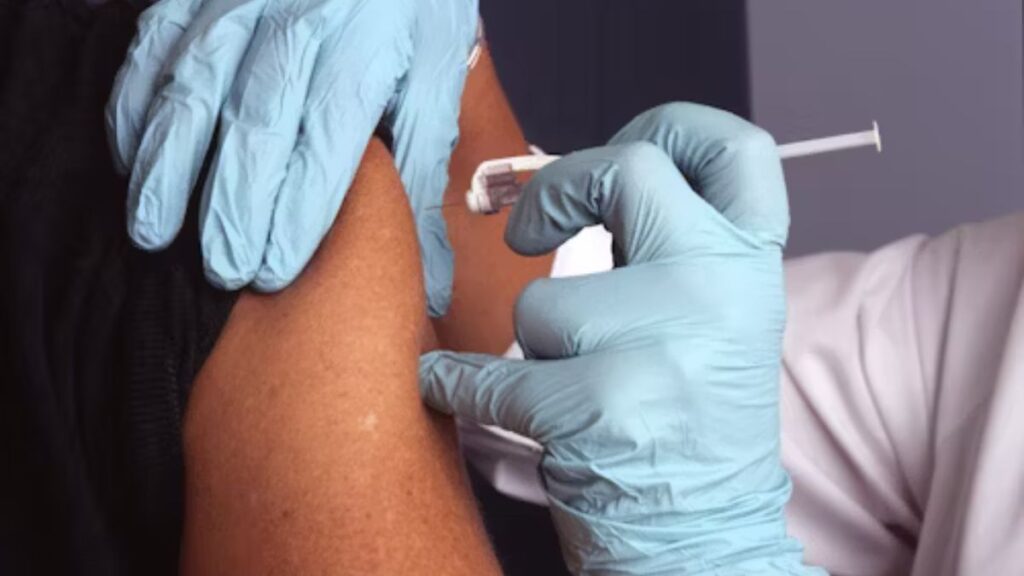
- Infants:
- Infants, particularly those under six months of age, are at higher risk of severe RSV infections due to their immature immune systems.
- The RSV vaccine helps protect infants by priming their immune systems to recognize and mount a defense against the virus. By generating antibodies specific to RSV, the vaccine enhances the infant’s ability to neutralize the virus upon exposure.
- Vaccination of infants not only reduces the likelihood of RSV infection but also decreases the severity of illness if infection does occur, thereby lowering the risk of hospitalizations and complications such as bronchiolitis and pneumonia.
- Elderly:
- Aging is associated with a decline in immune function, making older adults more susceptible to severe RSV infections.
- The RSV vaccine aids in protecting the elderly by stimulating their immune systems to produce antibodies against RSV. This enhances their ability to combat the virus and reduces the likelihood of experiencing severe respiratory illness.
- By vaccinating older adults, particularly those with underlying health conditions or weakened immune systems, the vaccine helps prevent RSV-related hospitalizations and complications, ultimately improving their quality of life and reducing healthcare burdens.
In addition to these direct protective effects, vaccinating vulnerable populations against RSV contributes to the concept of herd immunity. By reducing the overall transmission of RSV within communities, vaccinated individuals help shield those who are unable to receive the vaccine themselves, such as newborns and individuals with certain medical conditions.
Overall, the RSV vaccine plays a vital role in safeguarding vulnerable populations, including infants and the elderly, by bolstering their immune responses against RSV infection and reducing the risk of severe respiratory illness and associated complications.
Are there any emerging trends or advancements in RSV vaccine development that could further enhance its impact?
Yes, there are several emerging trends and advancements in RSV vaccine development that hold promise for further enhancing its impact:
- Subunit Vaccines: Researchers are exploring the development of subunit vaccines, which contain only specific components of the RSV virus, such as the F or G glycoproteins. These vaccines aim to elicit a targeted immune response against RSV while minimizing the risk of side effects associated with whole-virus vaccines.
- Live Attenuated Vaccines: Live attenuated vaccines contain weakened forms of the RSV virus that are incapable of causing severe illness but can still stimulate an immune response. Researchers are investigating the development of live attenuated RSV vaccines that could provide durable protection against infection.
- Nanoparticle Vaccines: Nanoparticle vaccines utilize nanoscale particles to deliver RSV antigens to the immune system more efficiently. These vaccines can be engineered to mimic the structure of the RSV virus, enhancing their ability to stimulate protective immune responses.
- Maternal Immunization Strategies: Maternal immunization involves vaccinating pregnant women to transfer protective antibodies to their infants, providing passive immunity during the early months of life when infants are most vulnerable to RSV infection. Research suggests that maternal immunization with RSV vaccines holds promise for preventing severe RSV disease in newborns.
- Adjuvants and Delivery Systems: Adjuvants are substances added to vaccines to enhance the immune response. Researchers are exploring the use of novel adjuvants and delivery systems to improve the efficacy and durability of RSV vaccines, particularly in vulnerable populations such as infants and the elderly.
- Universal Vaccines: Universal vaccines target conserved regions of the RSV virus that are shared among different strains and subtypes, providing broad protection against diverse RSV strains. Developing universal RSV vaccines could help overcome the challenges associated with strain-specific immunity and enhance vaccine effectiveness.
- Combination Vaccines: Combination vaccines that target multiple respiratory pathogens, including RSV, influenza, and pneumococcus, are being investigated as a strategy to simplify vaccination schedules and improve coverage rates, particularly in pediatric populations.
Overall, these emerging trends and advancements in RSV vaccine development hold the potential to further enhance its impact by improving efficacy, durability, and accessibility, ultimately reducing the burden of RSV-related respiratory illness across all age groups. Continued research and innovation in this field are essential for realizing the full potential of RSV vaccines in protecting public health.
Conclusion
In conclusion, the impact of the RSV vaccine on both children and adults is profound and multifaceted. From bolstering immunity in the earliest stages of life to safeguarding vulnerable adult populations, its benefits resonate far and wide. By embracing vaccination as a cornerstone of public health efforts, we can strive towards a future where the threat of RSV is diminished, and communities thrive in health and resilience.
